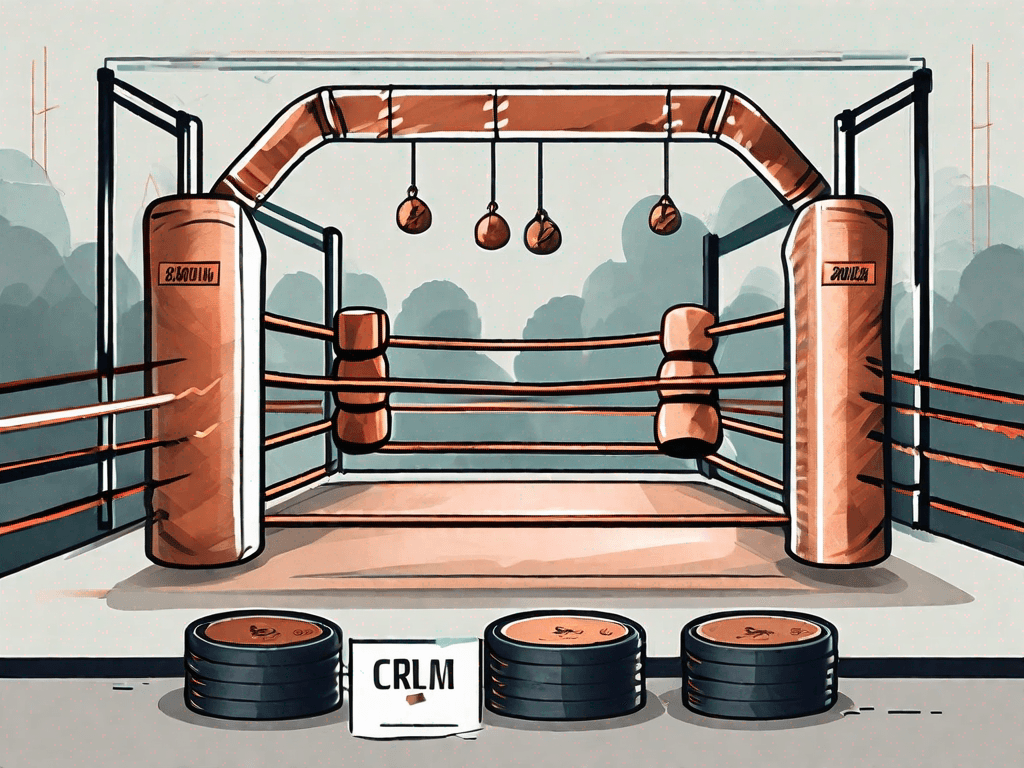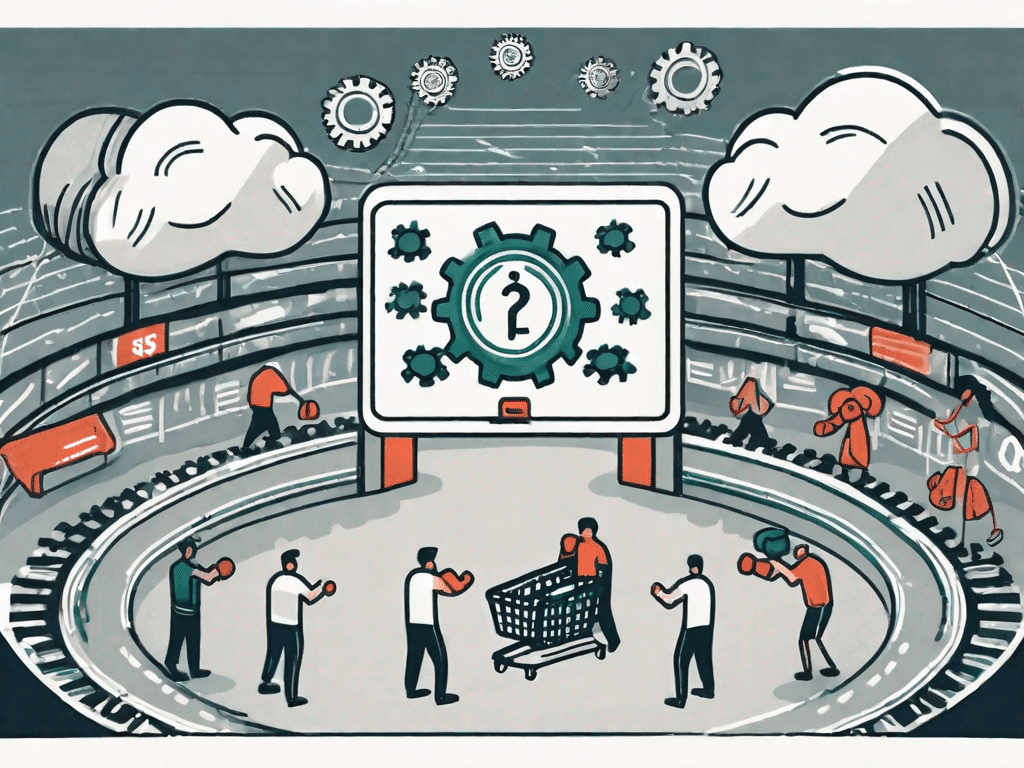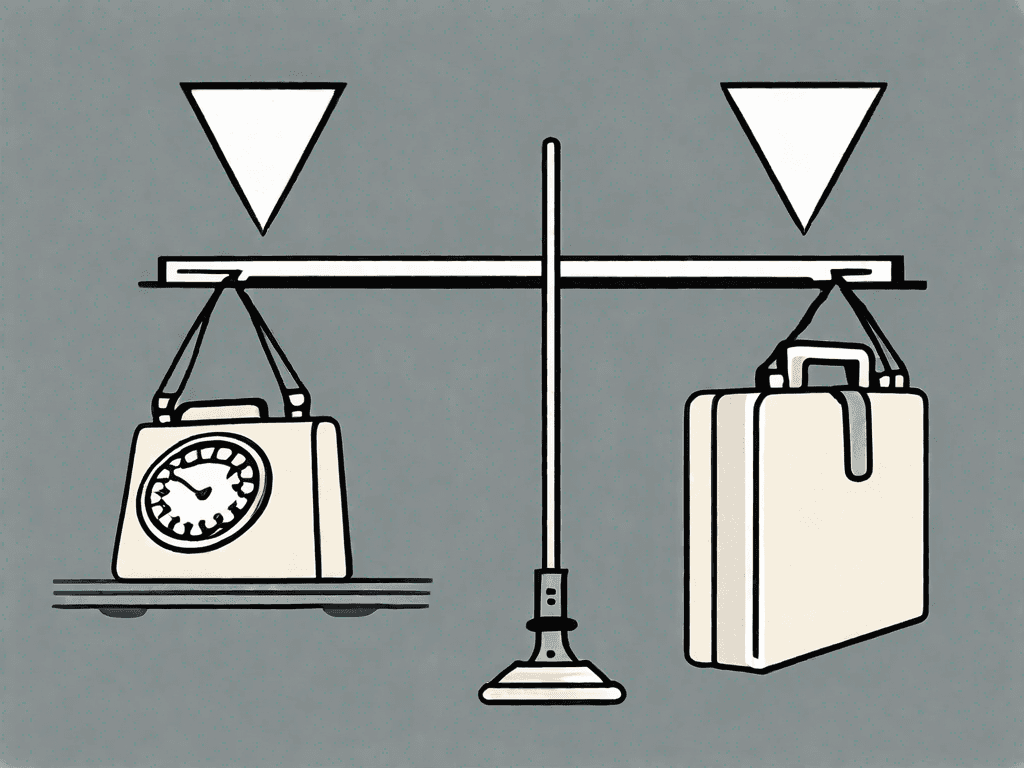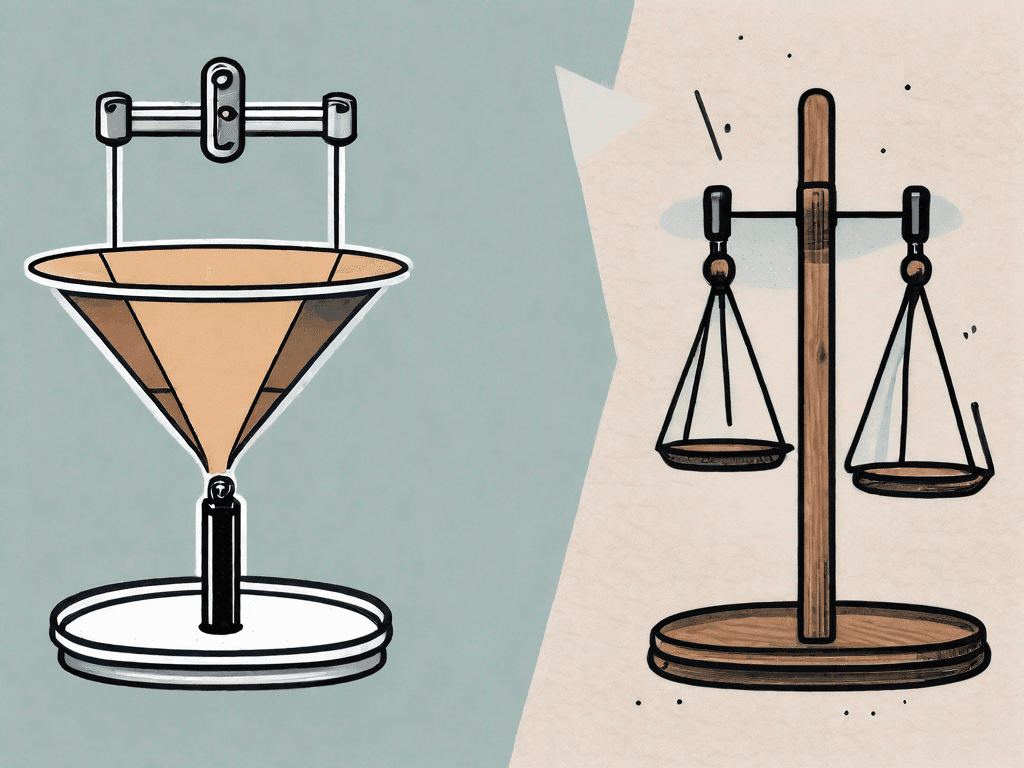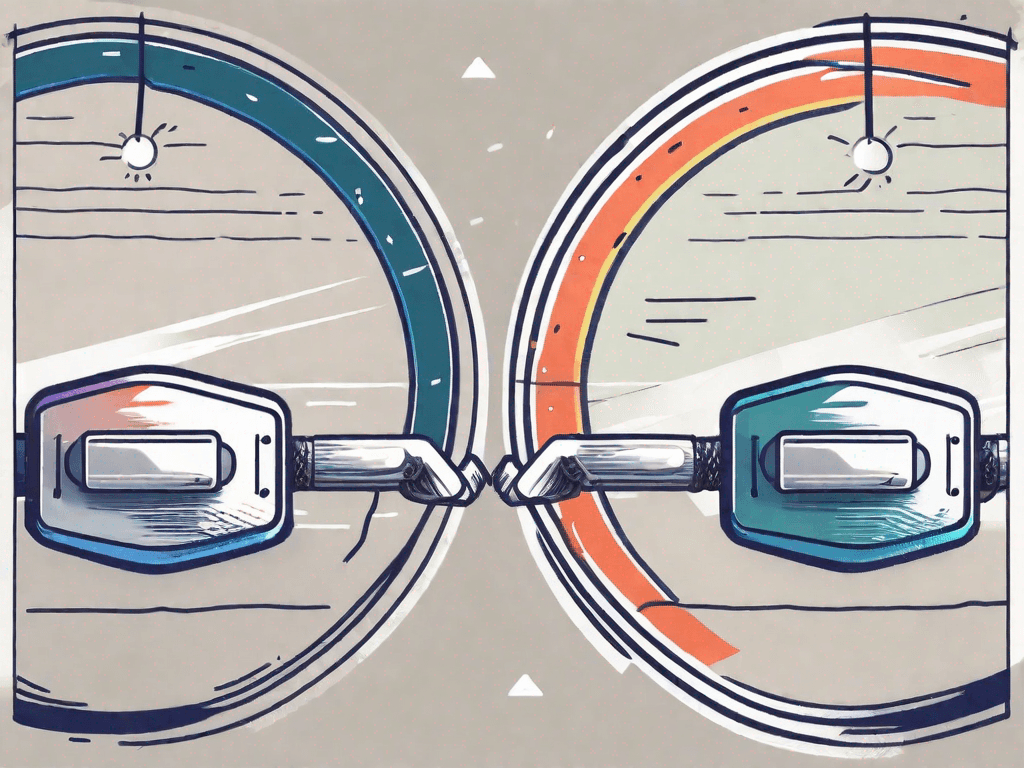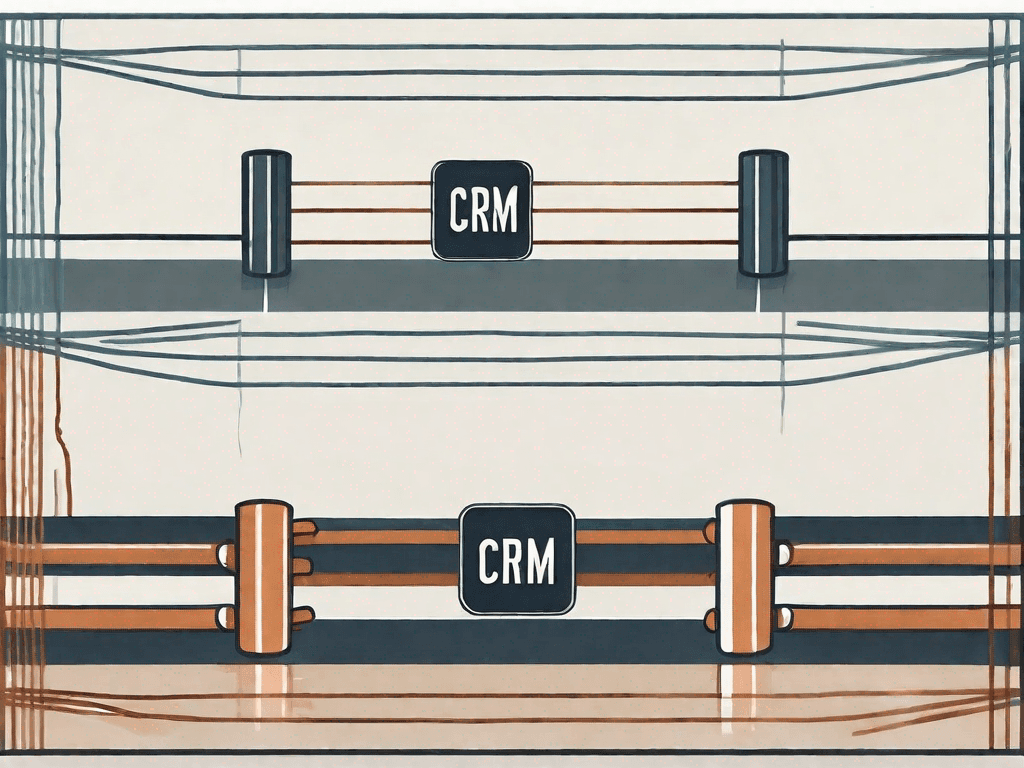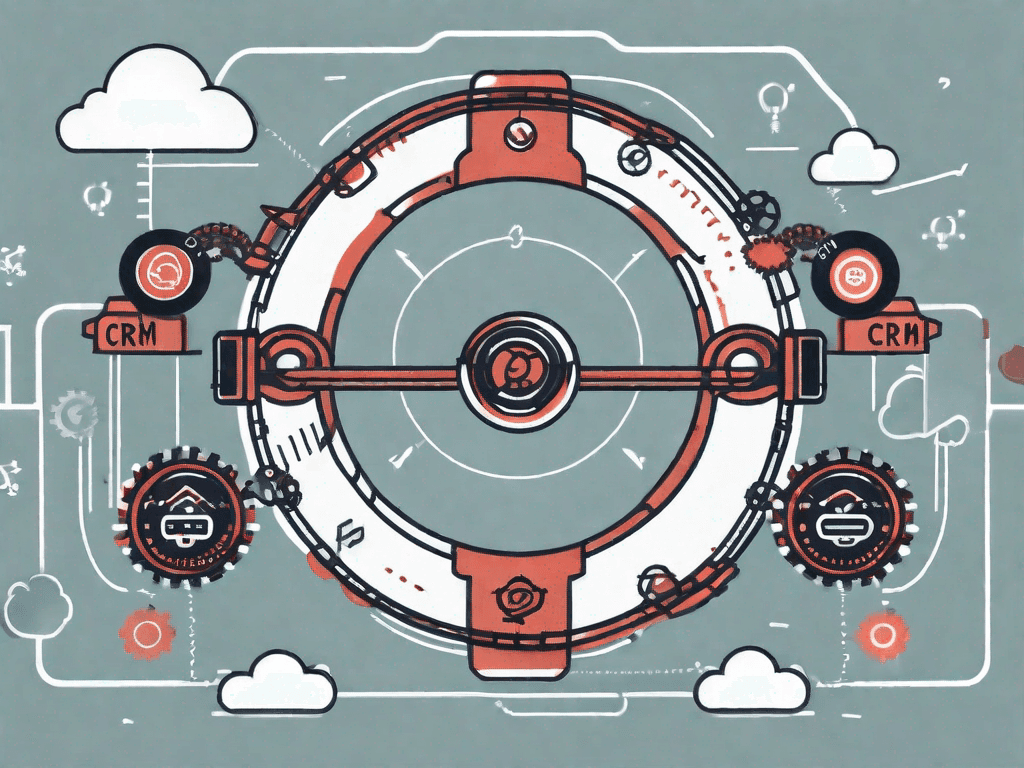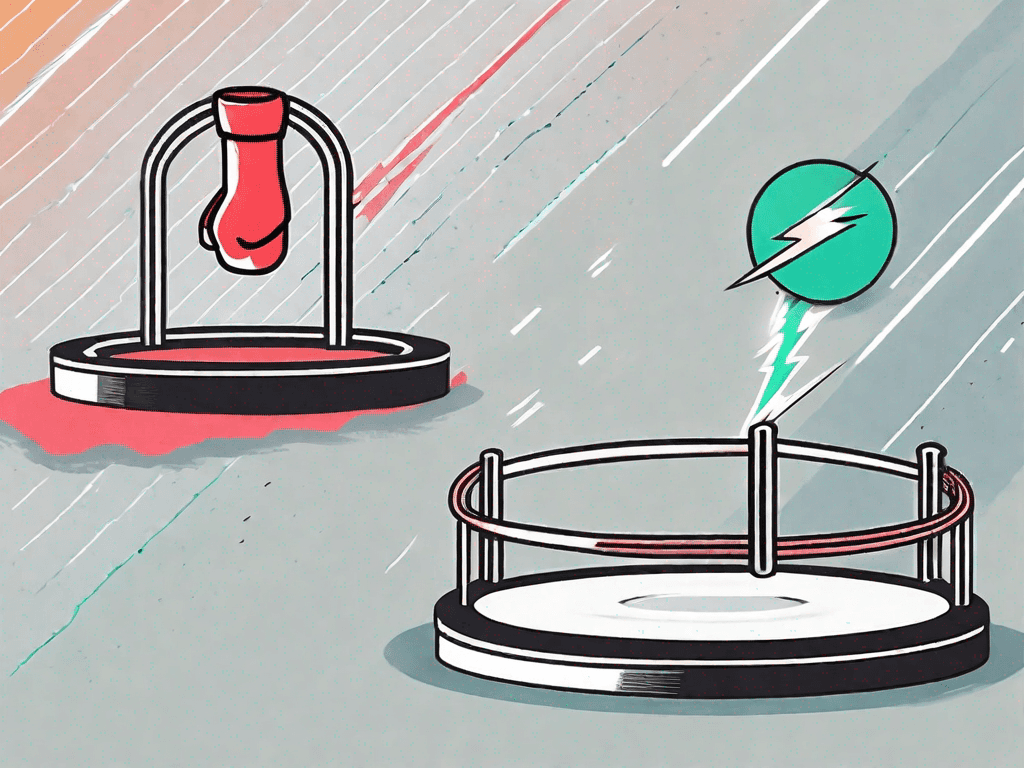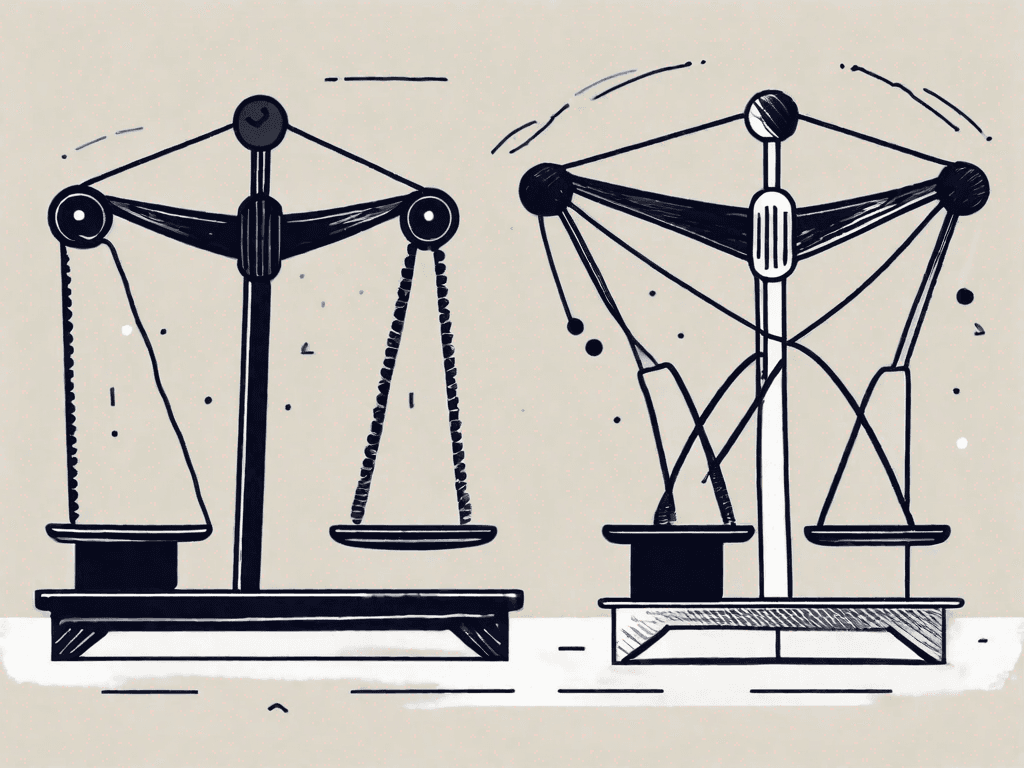
The Ideal Sales Pipeline Template for Field Sales
In the fast-paced world of sales, having an efficient and effective sales pipeline is crucial to success. A sales pipeline is a visual representation of the sales process, from prospecting to closing deals. For field sales professionals, who spend the majority of their time on the road meeting with clients and prospects, having a well-structured and organized sales pipeline is even more essential. In this article, we will explore the ideal sales pipeline template for field sales, and how it can revolutionize your sales process
The 7 Sales Pipeline Stages Field Sales Should Have
A successful sales pipeline should consist of multiple stages that guide prospects through the buying journey. In field sales, these stages can be tailored to suit the unique needs and challenges faced by sales representatives who are constantly on the move. Let's dive into the seven essential sales pipeline stages for field sales:
Prospecting: This is the initial stage of the sales process where field sales reps identify potential leads and gather relevant information about them. It involves researching and qualifying prospects based on their potential fit with the product or service being offered.During the prospecting stage, field sales reps utilize various tools and techniques to identify potential leads. This may include conducting market research, attending industry events, and leveraging social media platforms. By gathering relevant information about these prospects, such as their industry, company size, and pain points, sales reps can better understand their needs and tailor their approach accordingly.
Furthermore, effective prospecting involves not only identifying potential leads but also prioritizing them based on their likelihood to convert into customers. This requires sales reps to evaluate factors such as the prospect's budget, decision-making power, and level of interest. By focusing on high-priority leads, field sales reps can optimize their time and resources, increasing their chances of success.
Initial Contact: Once potential leads have been identified, it is important to establish initial contact. This can be done through various channels, such as phone calls, emails, or in-person meetings. The goal at this stage is to introduce the product or service and generate interest.When making the initial contact, field sales reps need to make a strong first impression. They should be well-prepared with a compelling value proposition that highlights the unique benefits of their product or service. By effectively communicating the value that their offering brings, sales reps can capture the prospect's attention and generate interest in further discussions.
Additionally, the initial contact stage is an opportunity for field sales reps to build rapport and establish a relationship with the prospect. By actively listening to the prospect's needs and concerns, sales reps can demonstrate empathy and understanding. This helps to create a foundation of trust, which is crucial for successful sales interactions.
Needs Assessment: In this stage, field sales reps delve deeper into understanding the needs and pain points of the prospect. Through in-depth conversations and discussions, they identify how the product or service can solve the prospect's challenges and add value to their business.During the needs assessment stage, field sales reps aim to gather comprehensive information about the prospect's current situation and goals. They ask probing questions to uncover pain points, challenges, and opportunities for improvement. By actively listening and empathizing with the prospect, sales reps can gain a deeper understanding of their unique needs.
Furthermore, needs assessment involves not only understanding the prospect's current situation but also their future aspirations. Field sales reps should explore the prospect's long-term goals and vision to identify how their product or service can contribute to their success. By aligning their offering with the prospect's objectives, sales reps can position themselves as valuable partners rather than just another vendor.
Solution Presentation: Armed with a thorough understanding of the prospect's needs, field sales reps present a tailored solution. This stage involves demonstrating how the product or service can specifically address the prospect's pain points and deliver the desired outcomes.During the solution presentation stage, field sales reps showcase the unique features and benefits of their product or service. They highlight how their offering can solve the prospect's challenges and provide tangible value. This may involve presenting case studies, testimonials, or product demonstrations to illustrate the effectiveness of the solution.
Moreover, a successful solution presentation goes beyond just showcasing features. Field sales reps should focus on communicating the value that their offering brings to the prospect's business. This includes highlighting the potential return on investment, increased efficiency, or competitive advantage that the prospect can gain by choosing their product or service.
Negotiation: Once the solution has been presented, field sales reps engage in negotiations with the prospect. This stage focuses on addressing any concerns or objections, clarifying pricing and contract terms, and reaching a mutually beneficial agreement.Negotiation is a critical stage in the sales process as it involves finding common ground and reaching an agreement that satisfies both parties. Field sales reps should be prepared to address any objections or concerns raised by the prospect. By actively listening and empathizing with the prospect's perspective, sales reps can find creative solutions and overcome potential roadblocks.
Furthermore, effective negotiation requires clear communication of pricing and contract terms. Field sales reps should be transparent about the costs involved and the value that the prospect can expect to receive. By demonstrating the return on investment and the long-term benefits of their offering, sales reps can justify the proposed pricing and build trust with the prospect.
Deal Closing: With all the details ironed out, the deal is ready to be closed. Field sales reps finalize the paperwork, secure necessary approvals, and ensure a smooth transition to the next stage of the sales process - implementation or onboarding.During the deal closing stage, field sales reps focus on finalizing the agreement and ensuring a seamless transition for the prospect. This involves preparing and reviewing the necessary paperwork, such as contracts or purchase orders. Sales reps should guide the prospect through the process, addressing any last-minute questions or concerns.
Additionally, deal closing is an opportunity for field sales reps to express gratitude and appreciation for the prospect's decision to choose their product or service. By showing genuine enthusiasm and excitement, sales reps can reinforce the prospect's confidence in their decision and lay the foundation for a long-term partnership.
Post-Sale Follow-up: The sales process does not end with the deal closure. Field sales reps need to maintain strong relationships with customers and provide ongoing support. This stage involves regular follow-ups, ensuring customer satisfaction, and identifying opportunities for upselling or cross-selling.Post-sale follow-up is a crucial stage for building customer loyalty and maximizing customer lifetime value. Field sales reps should proactively reach out to customers to ensure their satisfaction with the product or service. This includes addressing any post-implementation issues or concerns and providing timely support.
Moreover, post-sale follow-up is an opportunity for field sales reps to identify upselling or cross-selling opportunities. By understanding the customer's evolving needs and business objectives, sales reps can recommend additional products or services that can further enhance their success. This not only strengthens the customer relationship but also drives additional revenue for the sales organization.
By incorporating these seven sales pipeline stages into your field sales process, you can streamline the entire sales journey and improve your chances of closing deals successfully.
Example of the Customer Journey in a Sales Pipeline for Field Sales Step-by-Step
To better understand how the ideal sales pipeline template can be applied in field sales, let's walk through an example of the customer journey:
Prospecting: You identify a potential lead through a referral or an online search. You gather information about their business and determine that they could benefit from your product.
Initial Contact: You reach out to the prospect by phone and schedule an in-person meeting to discuss their needs further.
Needs Assessment: During the meeting, you engage in a detailed conversation to understand the prospect's pain points and objectives. You ask probing questions and actively listen to their responses.
Solution Presentation: Based on the prospect's needs, you prepare a tailored presentation that showcases how your product can solve their challenges and drive results. You use visual aids, case studies, and testimonials to reinforce your message.
Negotiation: The prospect expresses some concerns regarding the pricing. You address their objections and propose flexible payment terms that align with their budget and cash flow constraints.
Deal Closing: After further discussions and agreement on the terms, the prospect signs the contract. You facilitate a smooth handover to the implementation team to ensure a seamless transition.
Post-Sale Follow-up: You schedule regular check-ins with the customer to ensure their satisfaction and address any post-implementation issues. You also keep an eye out for upselling or cross-selling opportunities to maximize the customer's lifetime value.
By following this step-by-step customer journey in your sales pipeline, you can effectively guide prospects through the buying process and build strong relationships with your customers.
Why Field Sales need this Sales Pipeline Template?
Now that we have explored the components of an ideal sales pipeline template for field sales, let's discuss why it is crucial for field sales professionals to adopt this approach:
3.1 - You'll save time in field sales operations.
Field sales professionals often face numerous challenges, such as long travel times, limited face-to-face interaction opportunities, and managing a wide range of prospects. By implementing a well-defined sales pipeline template, field sales reps can streamline their operations, prioritize their activities, and make the most of their valuable time.
3.2 - You'll grow revenues faster by conquering field sales challenges.
Field sales can be demanding, but with the right sales pipeline template, it becomes easier to overcome the unique challenges faced in this role. A structured approach enables field sales reps to systematically move prospects through the sales process, resulting in higher conversion rates, increased revenues, and a stronger sales performance overall.
In conclusion, having the ideal sales pipeline template for field sales is essential for sales professionals who are constantly on the go. By implementing a well-structured sales pipeline with defined stages, field sales reps can effectively guide prospects through the buying journey, improve their efficiency, and boost their sales performance. Embrace the power of a sales pipeline template for field sales and revolutionize your sales process today!










































































































































































